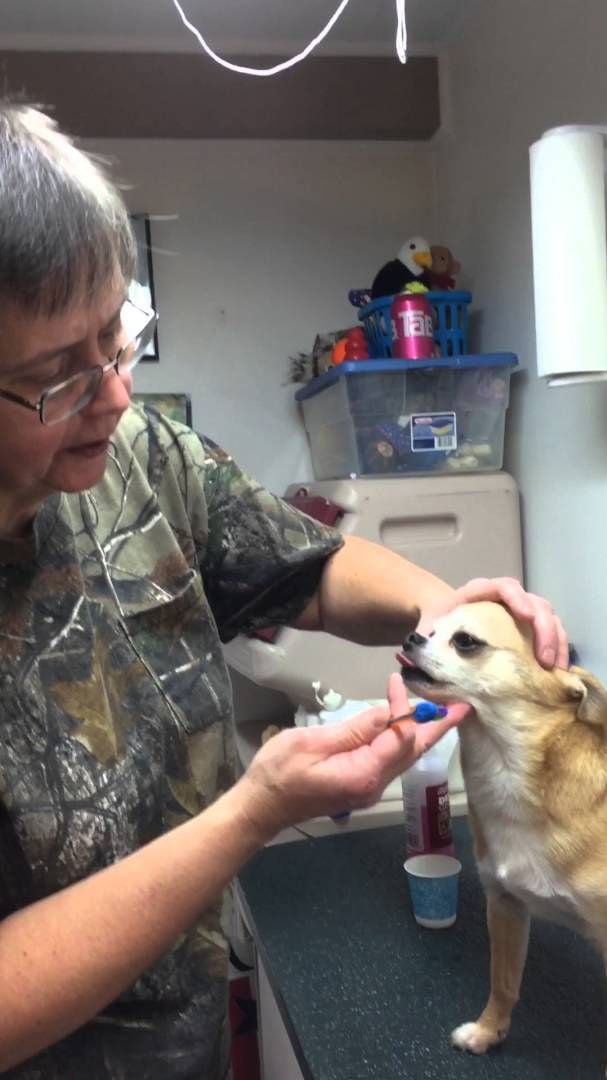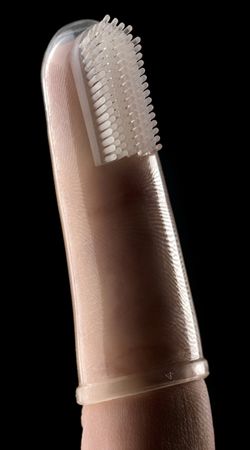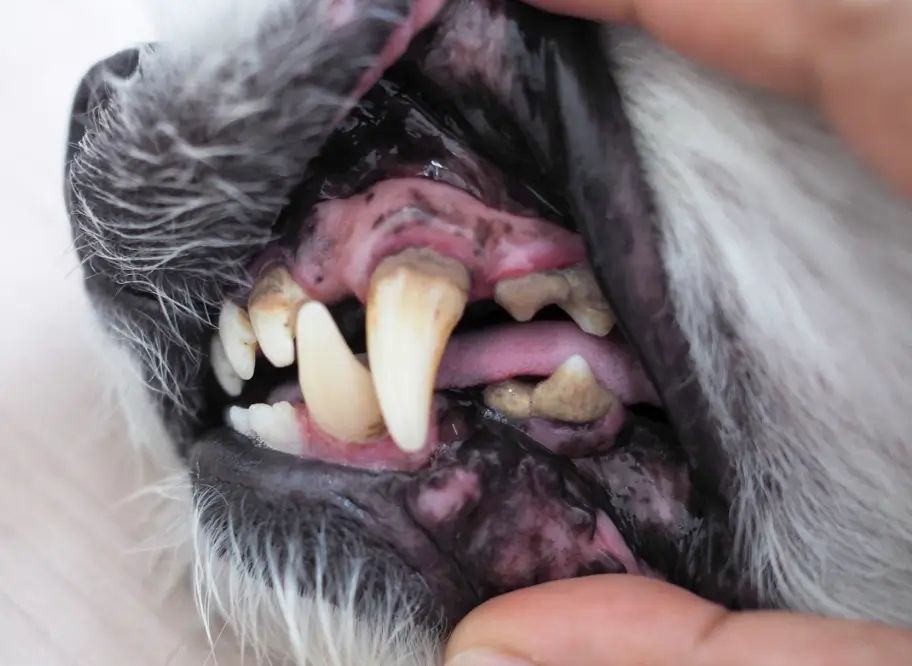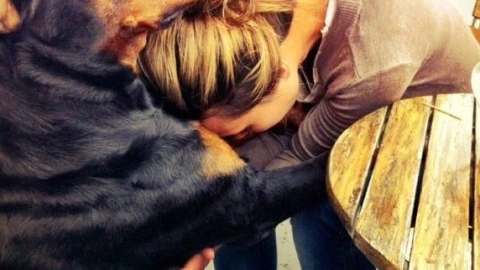Dog / Detail
A Dog's Smile: Caring for Your Canine's Teeth as They Age
Jonathan Bennet | 24 September 2024 | 18:05
Just like humans, dogs experience dental health issues as they age. Oral problems can range from bad breath and tartar buildup to more serious conditions like periodontal disease.
Understanding these issues and taking proactive steps to maintain your dog's dental health can help ensure a long and comfortable life.

Common Dental Problems in Aging Dogs
- Periodontal Disease: This is the most common dental problem in dogs. It occurs when bacteria build up in the mouth, leading to inflammation of the gums, tooth roots, and jawbone. Symptoms include bad breath, excessive drooling, difficulty eating, and loss of appetite.
- Tartar Buildup: Tartar, a hard mineral deposit that forms on teeth, can lead to periodontal disease. It can also cause discomfort and make it difficult for dogs to chew.
- Tooth Resorption: This condition occurs when the tooth's root is gradually absorbed by the body, leading to tooth loss. It is more common in small breeds like Yorkies.
- Tooth Fractures: Dogs may fracture their teeth due to accidents, chewing on hard objects, or age-related wear and tear.

Caring for Your Dog's Gums and Teeth
- Regular Dental Checkups: Schedule regular dental exams with your veterinarian. They can assess your dog's oral health, clean their teeth, and identify any potential problems.
- Daily Brushing: Brushing your dog's teeth daily can help prevent tartar buildup and gum disease. Use a dog-specific toothbrush and toothpaste, as human toothpaste contains ingredients that can be harmful to dogs.
- Dental Chews and Toys: Dental chews and toys can help to clean teeth and reduce tartar buildup. Look for products that are approved by the Veterinary Oral Health Council (VOHC).
- Professional Dental Cleanings: Your veterinarian may recommend professional dental cleanings to remove tartar and plaque buildup. This procedure is typically performed under anesthesia.
- Proper Diet: A healthy diet can help to support your dog's oral health. Avoid feeding your dog soft or sticky foods that can contribute to tartar buildup.

Tips for Brushing Your Dog's Teeth
- Start Early: Introduce your dog to toothbrushing when they are young to make it a positive experience.
- Use Positive Reinforcement: Reward your dog with treats or praise when they allow you to brush their teeth.
- Be Gentle: Avoid putting excessive pressure on your dog's teeth and gums.
- Start Slow: Begin by gently rubbing your dog's gums with your finger and a damp cloth. Gradually introduce the toothbrush and toothpaste.
- Consider a Flavor They Enjoy: Some dog toothpastes come in flavors that dogs find appealing, such as chicken or beef.
By taking proactive steps to care for your dog's dental health, you can help to prevent serious problems and ensure a happy and healthy life for your furry friend.
Related
-

The Healing Power of Dogs: How Canine Therapy is Revolutionizing Mental Health and Boosting Positive Energy in Humans
Dog14 November 2024
-

A Pawsitive History: Dogs of Nuremberg
Dog09 November 2024
-

The Role of Oxytocin in the Human-Dog Bond: The Science Behind Our Deep Connection
Dog06 November 2024
-

Beyond the Beach: Jamaica's Dog Lovers
Dog29 October 2024
-

A Dog's Delights: Homemade Snacks for Our Furry Babies, Recipes Included!
Dog29 October 2024
-

A Dog's Disorientation: Understanding Your Dogs' Wanderlust
Dog29 October 2024
Popular
-

-

A Pawsitive History: Dogs of Nuremberg
09 November 2024 -

-

Beyond the Beach: Jamaica's Dog Lovers
29 October 2024 -
